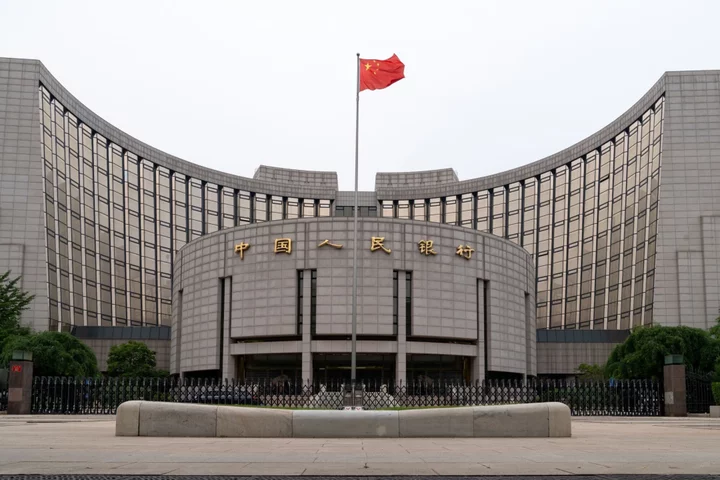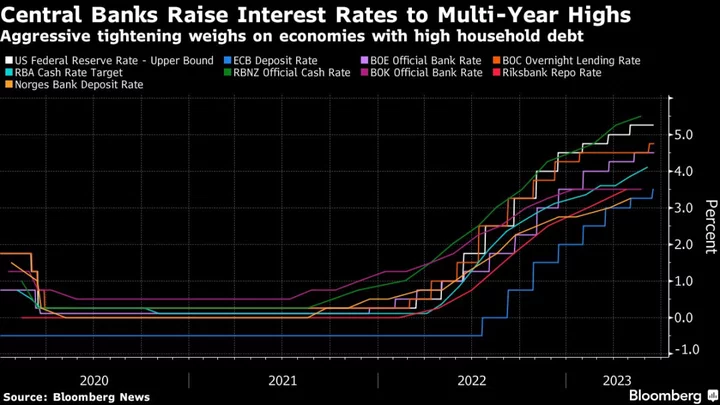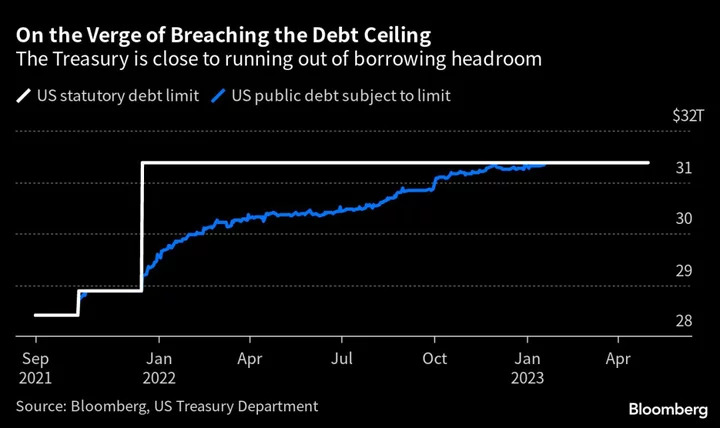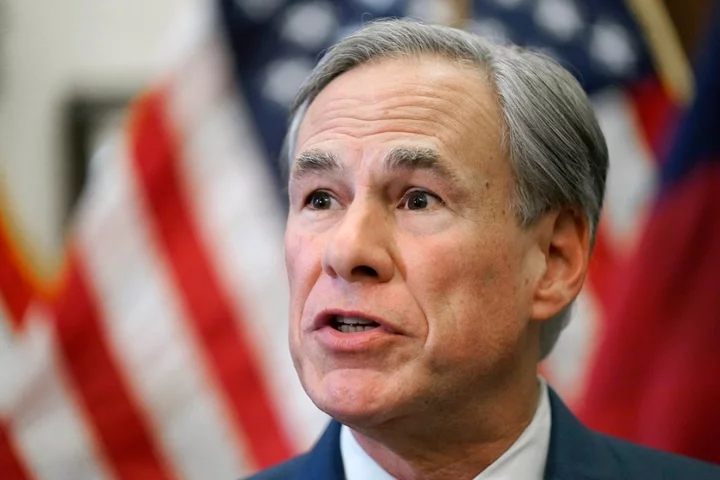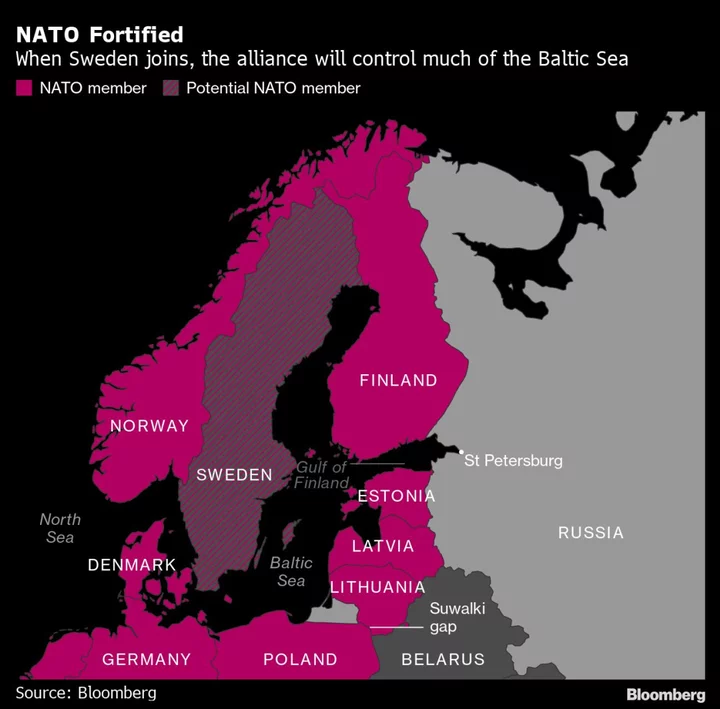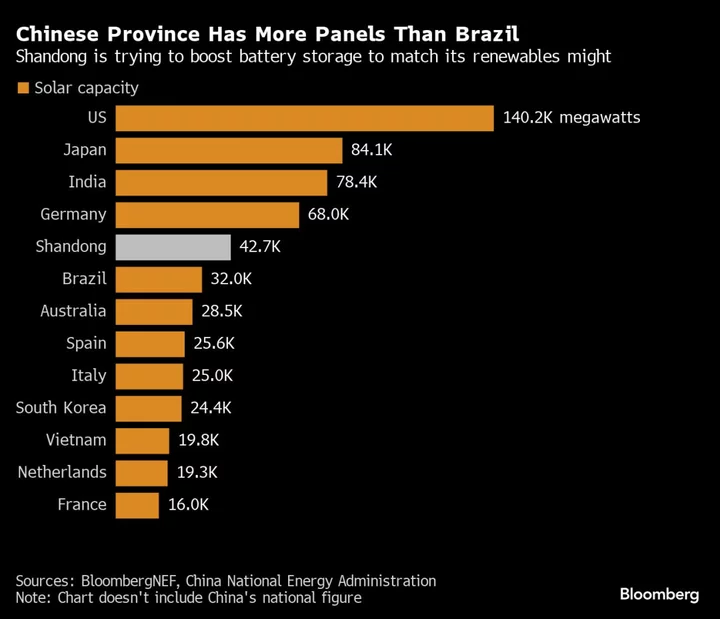Signs of deflation in China are only transitory, an adviser to the country’s central bank said despite a worsening drop of consumer prices.
“On the issue of deflation, we can only say that China is seeing a little bit of signs of that, and I think it’s temporary,” said Wang Yiming, a member of the People’s Bank of China’s monetary policy committee, at the Caixin summit in Beijing on Friday. “It’s not yet deflation in a strict sense.”
The comments are in line with the central bank’s effort this year to downplay fears over a sustained decline in the general price level, which could damage household spending and hurt business confidence.
Consumer prices fell 0.2% year-on-year in October after teetering near contraction in the past few months, official data showed Thursday. China’s gross domestic product deflator — the broadest measure of prices in the economy — was negative for two consecutive quarters.
Wang attributed China’s sluggish prices mainly to a temporary lack of demand. He said the central bank’s money supply is still expanding instead of shrinking, as it would in a typical deflation cycle. Dismissing threats of China’s “Japanification,” Wang said the country won’t repeat Japan’s decline into stagnation in the 1990s partly because the deflation pressures are temporary.
Often reflecting shrinking consumer demand, deflation became a sensitive topic in China as the post-pandemic recovery lost steam in the second quarter, with some economists reporting being instructed not to discuss it in public.

